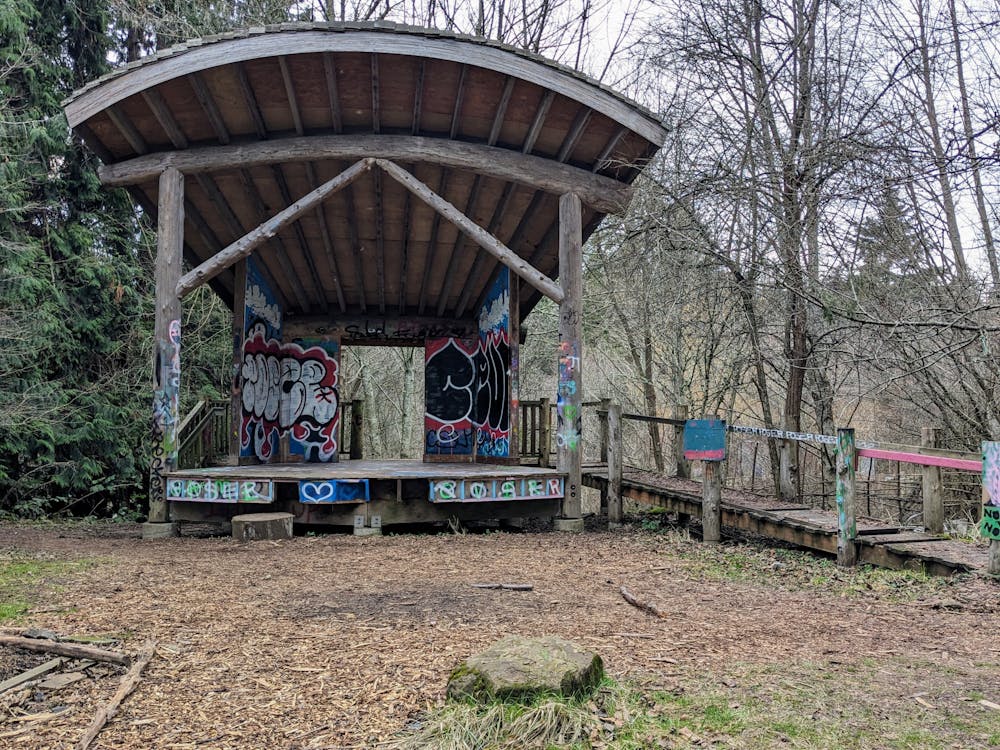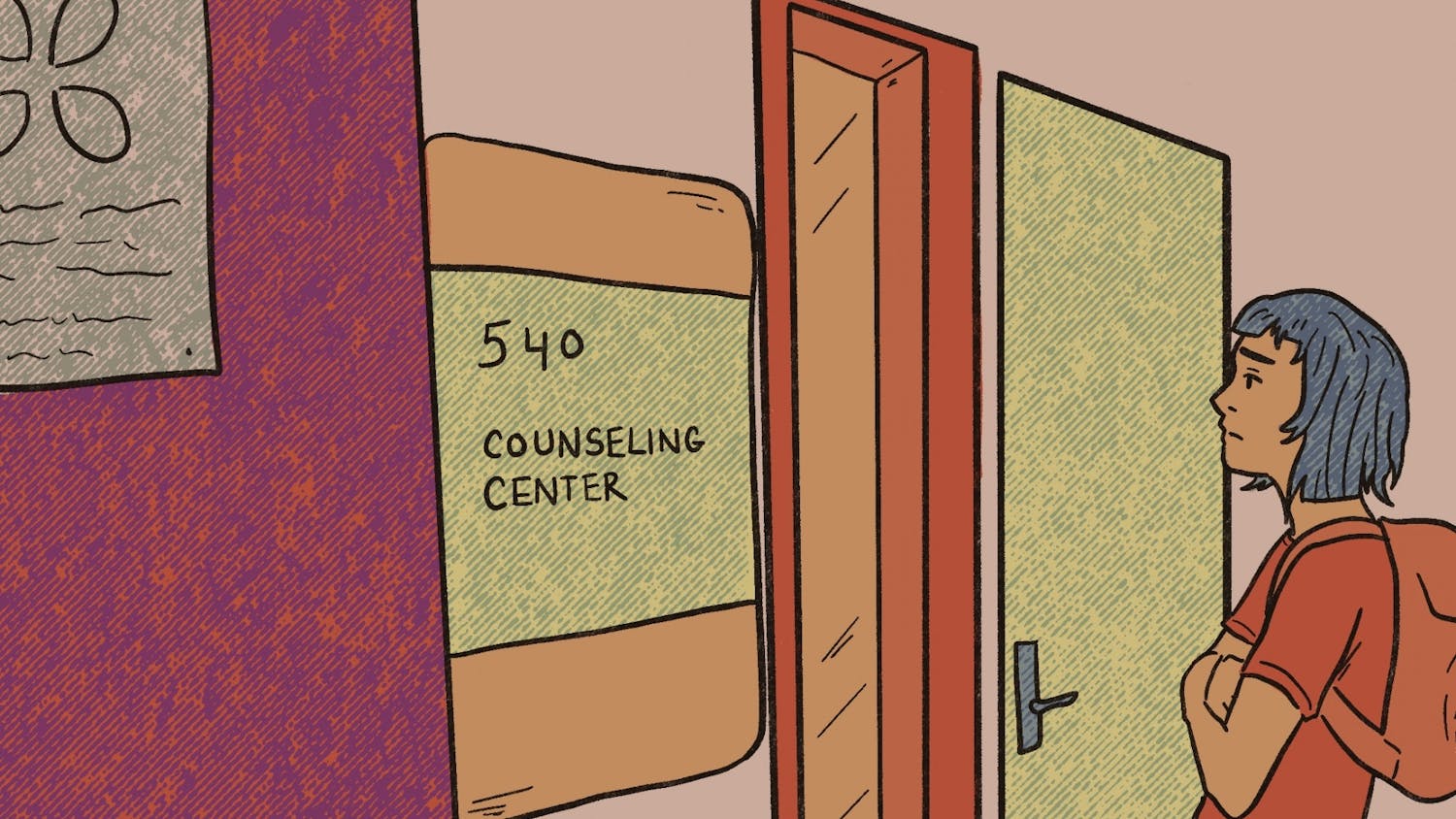Western’s Counseling and Wellness Center, in collaboration with the Outback Farm, is hosting an event on climate anxiety as part of its monthly Growing Wellness workshop.
This program, led by Tonya Pepper, a licensed mental health counselor at Western, focuses on nature-based strategies for well-being. Students can RSVP and go to the Outback’s outdoor classroom on Feb. 8 from 1-2:30 p.m. to work through climate anxiety with their peers.
Climate anxiety is the fear of climate change and its effects on the environment.
The workshop will offer a place for students to learn about climate anxiety and how to cope with it through nature and community, said Stu Johnson, the Outback outreach coordinator.
“By just meeting up in a group and understanding that other people feel this way, we’re not alone in our worries and fears," Johnson said.
Liam Pratt, the lead organizer for the Students for Climate Action club at Western, used his experience with climate anxiety to motivate him.
“As an environmental studies major, you're sort of setting yourself up for a career in climate anxiety. I experience it probably every day,” Pratt said. “One of the reasons that I started this club was I was tired of having that anxiety and not doing anything about it.”
The Students for Climate Action club focuses on environmental advocacy and grassroots activism. Similar to the upcoming Growing Wellness program, the club provides people with an outlet for their climate anxiety.
“It's not productive to just take that emotion and immediately act on it. You want to make sure that you have a solid understanding of why you're feeling that way,” Pratt said.
Natalie Sacker is a sustainability consultant at Peak Sustainability, a Bellingham-based company working with communities to create solutions to climate change. When coping with climate anxiety, Sacker said to focus on the empathy that motivates those feelings.
“The motivating force is not fear, but love,” Sacker said. “We're also driven increasingly by care for this community.”
While climate anxiety can be a motivating force, it can also lead to feelings of paralysis that leads to inaction.
“If you're ever in a rut with inaction, you just have to remind yourself that the reason we are working to slow climate change is because people will get hurt, and we're just trying to limit that hurt as much as we can," Sacker said.
Spending time in nature can help people understand their anxiety and work through it, said Sam Humphreys, a sustainability consultant at Peak Sustainability.
“We have a weird view of nature as being other than us," Humphreys said. "I think it's very important to engage with natural ecosystems to understand that we are a part of them."
There are little things people can do every day to channel their climate anxiety in productive ways, like riding your bike once a week, Humphreys said.
Students looking for more ways to channel climate anxiety can get involved with the Students for Climate Action club or can spend more time in nature by getting involved in the Outback and joining the Wednesday work parties.
The Growing Wellness program will continue with monthly events until May. Each workshop will focus on a different part of psychological well-being.
“Get involved, don't just do nothing,” Pratt said. “Inaction is the ruin of the soul.”
Jenna Millikan (she/her) is a city news reporter for The Front this quarter. She is a third-year student majoring in journalism with a minor in political science. When not reporting, she enjoys cheesy movies, reading and drinking too much coffee.
You can reach her @jennamillikan.thefront@gmail.com






